 Though the earth and all inferior creatures be common to all men, yet every man has a property in his own person. This nobody has any right to but himself. The labour of his body, and the work of his hands, we may say, are properly his. Though the earth and all inferior creatures be common to all men, yet every man has a property in his own person. This nobody has any right to but himself. The labour of his body, and the work of his hands, we may say, are properly his.  Fraser's Magazine - Page 4911873Full view Fraser's Magazine - Page 4911873Full view - About this book
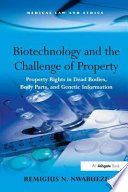 | Remigius N. Nwabueze - Law - 2007 - 394 pages
...had a proprietary interest in his or her body. He said: Though the earth, and all inferior creatures, be common to all men, yet every man has a property in his person: this nobody has any right to but himself. The labour of his body, and the work of his hands,... | |
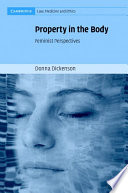 | Donna Dickenson - Law - 2007 - 19 pages
...persons and bodies, and between the labour of our bodies and our bodies themselves, when he says that 'Every man has a property in his own person; this nobody has any right to but himself. The labour of his body and the work of his hands we may say are properly... | |
 | Denise Ferreira Da Silva - 380 pages
...Third, from the argument that each human being is ruled solely by the "[divine] law of nature" — for "every man has a property in his own person; this nobody has any right to but himself" — Locke derives a notion of private property, which, besides life and freedom,... | |
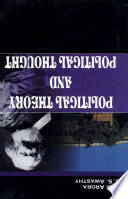 | N. D. Arora, S. S. Awasthy - India - 2007 - 472 pages
...being given for the use of men, there must of necessity be a means to appropriate them....' (Para 26) '...every man has a property in his own person; this nobody has any right to but himself. The labour of his body and the work of his hands, we may say, are properly... | |
 | Carolyn Steedman - History - 2007 - 27 pages
...these questions in the Two Treatises of Government (1689). In the second Treatise, Locke describes how 'every man has a property in his own person; this nobody has any right to but himself'.13 The labour of his body, the work of his hands, are properly his, and he... | |
 | B. A. Lustig, B.A. Brody, Gerald P. McKenny - Philosophy - 2008 - 338 pages
...any use or at all beneficial to any particular man.... Though the earth and all inferior creatures be common to all men, yet every man has a property in his own person; this nobody has any right to but himself. The labor of his body and the work of his hands, we may say, are properly... | |
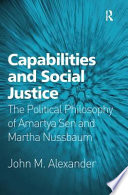 | John M. Alexander - Political Science - 2008 - 208 pages
...beings have a 'natural right' to own their labour and by extension to what they mix their labour with. 'Every man has a property in his own person: this nobody has any right to but himself. The labour of his body, and the work of his hands, we may say, are properly... | |
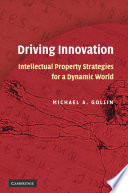 | Michael A. Gollin - Law - 2008 - 432 pages
...Locke described the labor theory of property in chapter V of his Second Treatise on Government (1690): [E]very man has a "property" in his own "person:" This nobody has any right to but himself. The "labour" of his body, and the "work" of his hands, we may say, are properly... | |
| |